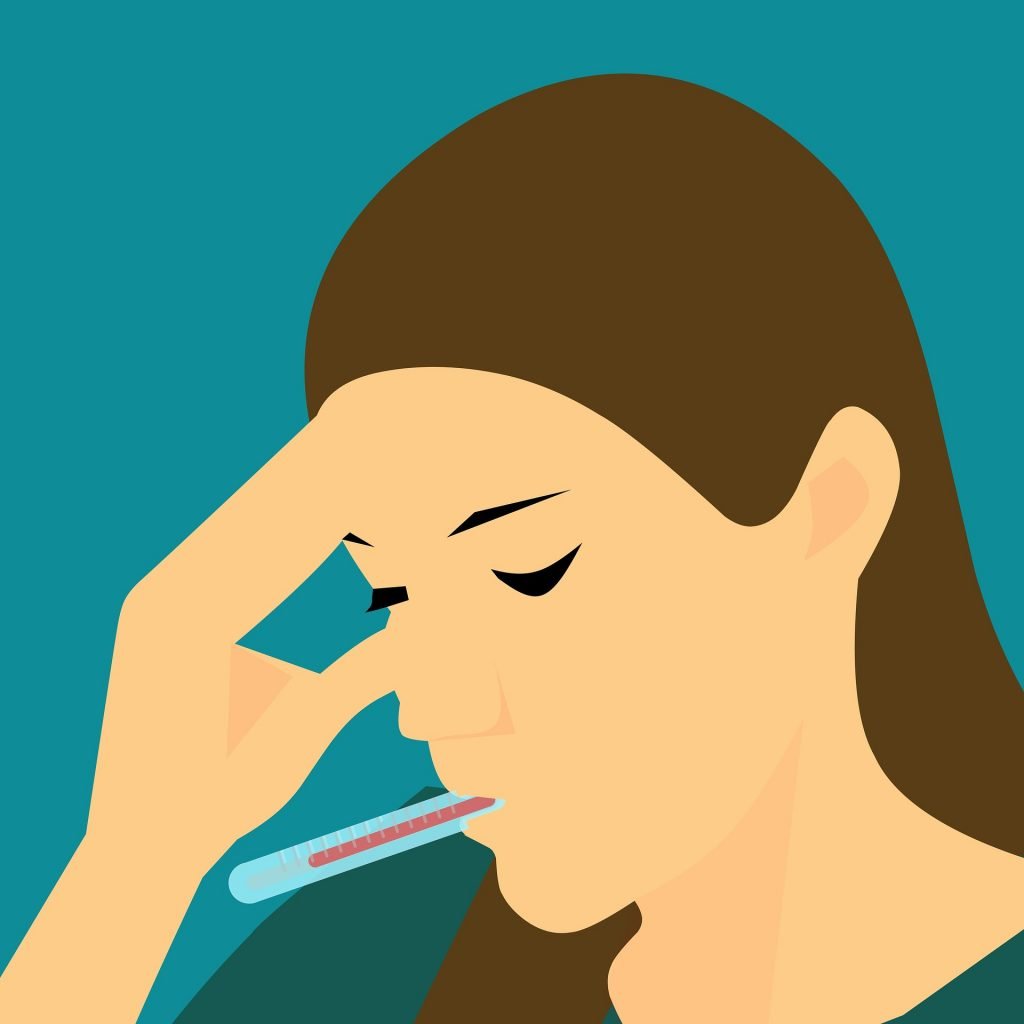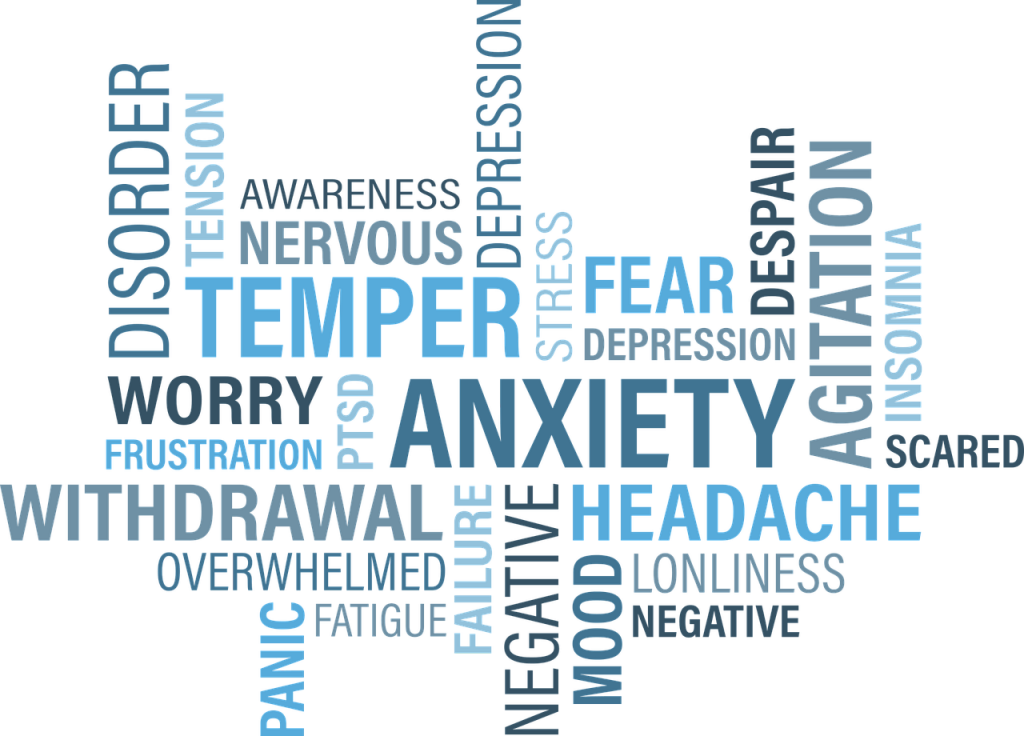Cancer is a disease caused by the presence of abnormal cells that divide uncontrollably and can spread to the rest of the body. There are more than 100 types of abnormal cells. The abnormal growth of cells that divide can penetrate tissues and destroy healthy tissues in the body. In this article, we will explore the types, symptoms, and causes of cancer
As the majority of people know, cancer is one of the leading causes of death in the Western world. But the chances of curing cancer are constantly improving in most species, thanks to advances in early detection techniques and cancer treatment options. So what are the types, causes, and symptoms of cancer?
Ther are two main types of tumor:
They are coated with fibrous tissue and are non-proliferating and often do not reappear after removal. This type of tumor is removed by surgical intervention, especially when they are large in size or burden on the affected organ or nearby organs preventing them from operating normally. Some benign tumors can turn into malignant tumors. An example of this is colon adenoma, which may turn into colon cancer over time.
Instead of replacing damaged cells, these abnormal cells proliferate dramatically and unceasingly, overwhelming the affected organ. They have the ability to spread to other organs in the blood and lymphatic systems. There are more than a hundred types of cancer diseases that vary depending on the tissue, such as breast and liver cancer, and leukemia. Cancer affects all age groups, but the risk of developing it increases as people get old.
The symptoms of cancer vary from case to case, depending on the body organ with cancer. Some general cancer symptoms are special to it, but others are not, and they include:

In some cancers, the accumulation of these cells generates a cancerous tumor. However, not all these cells produce cancerous tumors. For example, leukemia is a type of cancer that affects blood cells, bone marrow, lymphatic system, and spleen. But this type of cancer does not produce a tumor.
The initial genetic deviation is only the beginning of the process of cancer development. The researchers believe that cancer development requires several changes within the cell, including the initiating factor leading to a genetic change. Sometimes, some individuals may be born with a certain genetic deviation, while the genetic deviation in others may be caused by active forces within the body, such as hormones, viruses, and chronic infections.
Active forces outside the body can also cause genetic deviation, such as ultraviolet (UV) radiation from the sun’s rays, or carcinogenic agents (carcinogens) that are present in the environment.

Auxiliary factors cause cells to divide more quickly. This can lead to the accumulation of cells, which may lead to a cancerous tumor. Auxiliary agents can be transmitted by heredity, form inside the body, or get into it from the outside.
Encouraging factors make cancer more aggressive and help it to spread. Without the encouraging factors (boosting agents), the tumor can remain benign and limited in place. Encouraging factors make cancer more aggressive, and increase the likelihood of cancer breaking into and destroying nearby tissues. They also increase the likelihood of cancer spreading to other organs throughout the body.
The encouraging factors can be transmitted by heredity, or formed as a result of the effects of environmental factors. The genetic structure, the active forces within the body, the choice of lifestyle, and the environment in which we live can all form the basis for cancer formation or complete its formation if it has begun. For example, if a person has inherited a genetic deviation that increases the likelihood of particular cancer, that person will be at high risk of developing it.
Genetic deviation leads to the onset of cancer formation, whereas the carcinogen may be a key component in the future development and progression of cancer.
There is no single cause of cancer. Various factors may cause cancer, and they are still largely unknown. But generally speaking, damage (mutation), that occurs in a series of deoxyribonucleic (DNA) cells, can strongly cause cancer. Healthy cells sometimes tend to make changes in their DNA, but they remain able to correct the bulk of these changes. Or, if they can’t make these corrections, the misrepresented cells often die.
However, some of these deviations are not correctable, leading to the growth of these cells into cancer cells. These deviations can also prolong the life of some cells more than their average life. This phenomenon causes the accumulation of cancer cells.
Factors that can increase the risk of cancer include:
Cancer development can take several decades. This is why most people are diagnosed with cancer after they are 55 years old. Until one is discovers a tumor, between 100 million and 1 billion cancer cells have likely evolved, and the primary tumor may have begun to form before five years or more.
We all know that ertain lifestyles, such as inactivity and eating junk food may increase the risk of cancer.
Smokers are at a greater risk of lung cancer than people who do not smoke. This is because tobacco smoke is a factor in the development of this type of cancer.
Multiple sunburns accompanied by blisters (bubbles filled with liquid that appear in the upper layers of the skin) can cause skin cancer.
Only about 10% of all cancers occur on a genetic basis. If cancer is prevalent in the family, these genetic aberrations will likely pass on from one generation to another.
Some chronic diseases, such as ulcerative colitis, can greatly increase the risk of certain cancers.
The environment in which we live may contain harmful chemicals that can increase the risk of cancer. Even if you are a non-smoker, you may be exposed to secondhand smoke if you live in an environment where others smoke, or if you live with a smoker. Chemicals found at home or in the workplace, such as asbestos or benzene, can be factors that increase your risk of cancer.
Under normal conditions, oncogenes are genes that play a role in instructing cells to begin multiplying and dividing. These genes are at the height of their activity in childhood because the body is in a state of continuous growth (growth burst). They stop working at puberty. But if they continue multiplying after this age, that may lead to the development of cancer
There are not many foods that cause cancer, but there are some foods that increase the risk of catching it. The Cancer Research UK explained that eating red and processed meat can increase the risk of bowel cancer. The British National Health Service (NHS) confirmed this statement, saying that, probably, there is a link between red meat and bowel cancer, according to the British newspaper The Express.
Unhealthy food and lack of exercise lead to obesity, which in turn may cause cancer. An unhealthy diet means a high content of salt, sugar, and fats and frequent consumption of red meat. Physical activity and a good diet will help reduce the risk of cancer by 30-40%.
Leave a comment